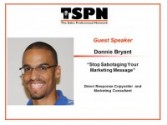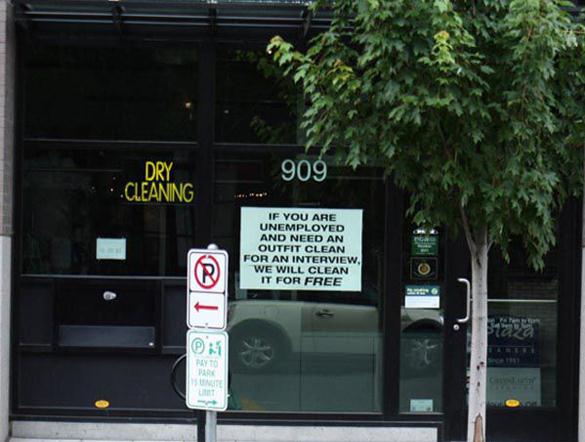In the middle of last summer, I took my Chevy Astro to Chuck, a mechanic my father-in-law recommended for some long-overdue tuning up. He had done some work for Pops in the past. He was one of those backyard mechanics who worked more for the love of cars than for the money. So he was a lot cheaper than the big name shops, but he did good work and he was fast.
I know very little about fixing cars. But Pops does. If he trusted Chuck, I wouldn’t give the recommendation a second thought.
So we took him the van. He did his thing. He was fast and friendly. When I returned to pick it up, Chuck mentioned that the car wasn’t in perfect condition, but he had gotten the “Check Engine” light to turn off. As long as that light didn’t come back on, he said, I should be in good shape.
The drive home was smooth. I felt good about myself. I saved some money and supported a small business in my community at the same time.
But the next drive was not nearly as pleasant. By the third trip, the van was acting exactly like it had before Chuck worked on it.
I was baffled. What did that mechanic do to the van? Had he really done anything? I didn’t actually see him do anything, and he seemed to be finished faster than he should have…
And what about this Check Engine light? It hadn’t turned back on.
Maybe the only work he did was to remove the fuse for that warning light!
Can You Make Up Someone Else’s Mind?
To be honest, I never confronted Chuck about the work he did. He may or may not have actually done what I paid him to do.
Although it seems as if there’s quite a bit to learn from this story, I wonder if you detected a lesson that can literally transform your ability to sell whatever it is that you have to offer.
Do you see what happened with the Check Engine light? Chuck gave me a very specific and unmistakeable indicator that he had done a good job. The Check Engine light was off, so he must have fixed the problem I asked him to take care of.
Those of you who have been around for a couple months or longer know about my penchant for education as a selling too. When done properly, I don’t know of a more effective way to get people to take action.
Looking back on the situation, I don’t think Chuck was aware of what he was doing, but he taught me how to appreciate his work. Here’s what happened:
1) I had a problem that I needed to solve,
2) I perceived Chuck to be an expert in his field (mostly based on the recommendation of my trusted father-in-law)
3) Chuck defined the criteria on which I would judge the quality of work done for me.
When you think about it, how much do your customers know about what you do? They should understand the benefits of buying from you, but do they know how you achieve the results you deliver? Do they even want to know?
In other words, most of your prospects and customers are a lot like I am when it comes to fixing cars: I know I need help, but I don’t have a clue how mechanics do their job. I just know that when it’s done, I’m looking for the thing that was wrong to be repaired.
That means, I don’t really know the difference between a good mechanic and a great one. When I’m having car troubles, I can either rely on referrals from people I trust, or I pick whoever’s the cheapest or closest.
From the car shops’ perspective, they’re relying on factors outside of their control (random word of mouth or having the lowest prices) to determine the fate of their business. That’s not a recipe for success. It’s hoping and praying that the dice rolls your way time after time. No wonder over 90% of businesses fail in their early years!
Take Control of Your Sales Process and Marketing
One of the biggest advantages of selling though education is that as an authority figure, you can tell your prospects what they should look for when choosing a product or service.
For example, if you were a mechanic, and your website featured an article or special report about “6 Misconceptions About Car Repairs that Can Cost You Thousands of Dollars,” how easy would it be to define the process of fixing in a way that highlights your distinctive benefits and subtly disqualifies your competitors who operate differently?
What about a dog groomer who gives presentations on how proper care extends the health and life of pets? Not only can you define the buying criteria for anyone looking for a groomer, but you also position yourself as someone dog lovers can trust to take the best care of Rover.
There is nothing manipulative about this method, as long as you’re telling the truth. So, of course, there is the danger of con men and swindlers using education to misinform people and rip them off, but you’re not that kind of person.
During a presentation I gave last month, I joked that the way you hire the best copywriter is to look for the ones whose first and last names start with “D” and “B” respectively. That’s a joke you can use, as well as an example of what not to do as you educate your market.
Leveraging the power of education is one of the most important ways businesses can maximize their growth in any economy. It takes extra effort, but if you do it correctly, I can’t think of a better way to boost the results your sales people and marketing materials are producing.
Strategies are less fun than tactics, but without a strategy, you’re just hoping and praying. Is that where you want your business to be?







